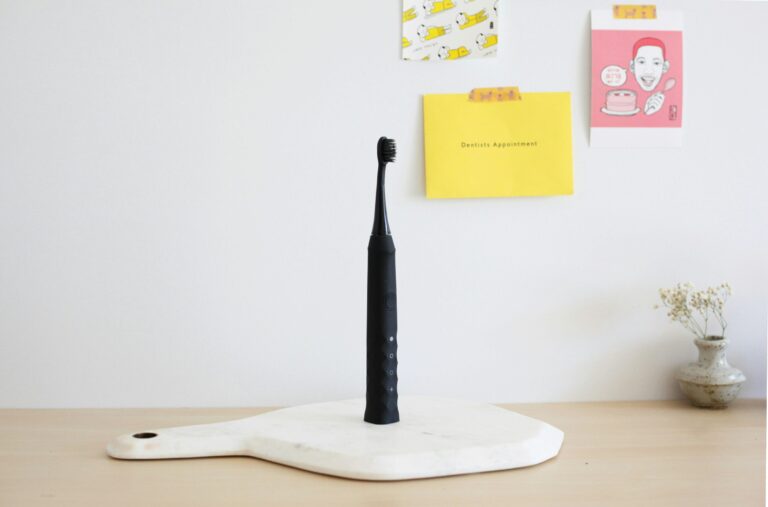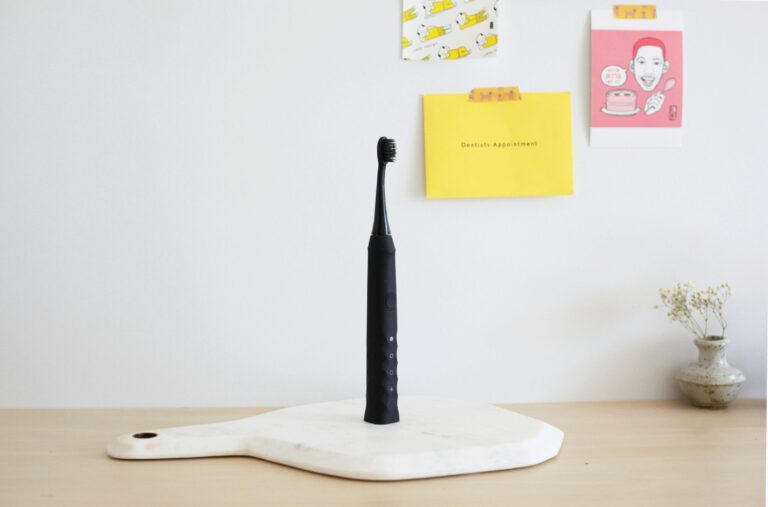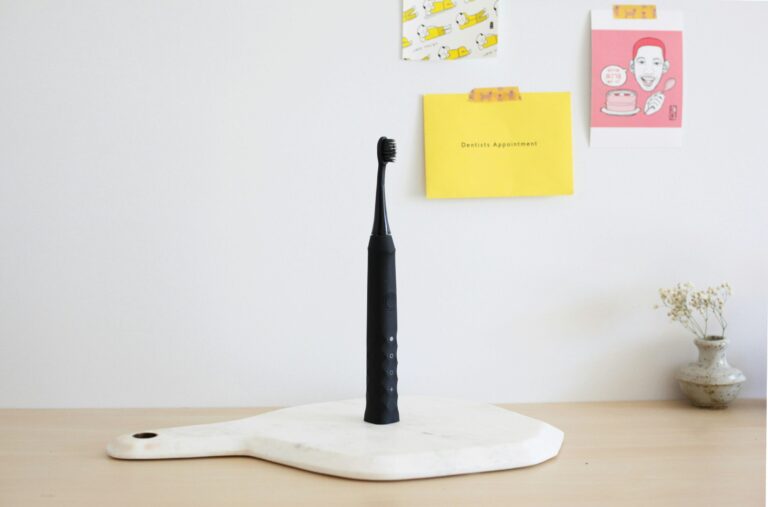Charcoal toothpaste has become popular for those seeking a natural way to whiten their teeth and remove stubborn stains. Made from activated charcoal, this product is known for its ability to bind impurities and toxins, leaving your teeth looking brighter. But how effective is it, and what are the real benefits? Let’s dive into the details to see why charcoal toothpaste has earned its place in oral care routines.
How Charcoal Toothpaste Works
Activated charcoal is a finely ground, porous substance that can trap toxins, impurities, and stains. When used in toothpaste, it adheres to surface stains on teeth and removes them through gentle abrasion. Its unique properties make it a natural option for people looking to enhance their smiles without harsh chemicals.
Unlike traditional whitening products, charcoal toothpaste does not bleach your teeth. Instead, it polishes the surface, making it a safer alternative for those with sensitive teeth or gums.
Benefits of Using Charcoal Toothpaste
1. Teeth Whitening
Charcoal toothpaste effectively removes surface stains caused by coffee, tea, red wine, and smoking. The abrasive texture helps polish the enamel, resulting in visibly whiter teeth over time.
2. Stain Removal
The adsorptive properties of activated charcoal make it ideal for pulling out stubborn stains. It binds to particles on the teeth, lifting them away during brushing. This helps restore your teeth’s natural color.
3. Freshens Breath
Activated charcoal also has the ability to neutralize odors. It reduces bacteria and toxins in the mouth, leaving your breath fresher and cleaner after use.
4. Gentle on Enamel
Unlike some chemical whitening products, charcoal toothpaste is less likely to cause enamel erosion. It’s an excellent option for people who want effective whitening without compromising tooth strength.
5. Natural and Chemical-Free
Charcoal toothpaste often contains fewer artificial ingredients compared to traditional toothpaste. For those seeking a more natural oral care option, it’s a suitable alternative.
How to Use Charcoal Toothpaste Safely
Using charcoal toothpaste correctly is key to maximizing its benefits while avoiding potential risks.
- Brush Gently: The abrasive nature of charcoal can be harsh if you brush too vigorously. Use a soft-bristled toothbrush and apply light pressure.
- Alternate with Regular Toothpaste: Charcoal toothpaste should not replace your regular fluoride toothpaste. Use it 2-3 times a week for whitening purposes while maintaining daily oral hygiene with a fluoride-based product.
- Avoid Overuse: Excessive use can wear down enamel, leading to sensitivity and increased risk of cavities. Stick to the recommended frequency.
- Rinse Thoroughly: Charcoal residue can linger on teeth and gums. Rinse your mouth well after brushing to ensure a clean finish.
Potential Drawbacks to Consider
While charcoal toothpaste offers numerous benefits, it’s important to be aware of potential downsides:
- Limited Fluoride: Most charcoal toothpastes do not contain fluoride, which is essential for preventing cavities. Ensure you’re using a fluoride-based toothpaste alongside it.
- Messy Application: Charcoal toothpaste can be messy, leaving black residue in your sink and on your toothbrush. Rinse thoroughly to avoid stains.
- Enamel Wear: Overuse can damage enamel due to its abrasive texture. Always use it in moderation.
Conclusion
Charcoal toothpaste is a powerful tool for whitening teeth and removing stains naturally. While it offers many benefits, including fresher breath and gentle enamel care, it’s essential to use it correctly to avoid potential risks. When paired with a balanced oral care routine, charcoal toothpaste can help you achieve a brighter, healthier smile.
Frequently Asked Questions (FAQs)
1. How long does it take to see results from charcoal toothpaste?
Results vary depending on the individual and the level of staining. Most people notice a difference after a few weeks of consistent use.
2. Can charcoal toothpaste replace regular toothpaste?
No, charcoal toothpaste should not replace regular fluoride toothpaste. Use it as a supplement for whitening and stain removal.
3. Is charcoal toothpaste safe for sensitive teeth?
Charcoal toothpaste can be safe for sensitive teeth if used correctly. Brush gently and limit use to avoid enamel wear.
4. Can children use charcoal toothpaste?
Charcoal toothpaste is not typically recommended for children due to its abrasive nature. Consult a pediatric dentist for advice.
5. Does charcoal toothpaste work on deep stains?
Charcoal toothpaste is effective on surface stains but may not remove deep, intrinsic discoloration. For deeper stains, professional whitening treatments are more effective.



